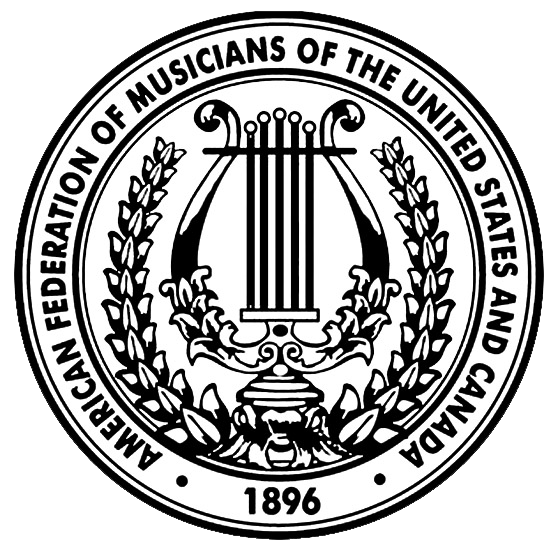Update to Performing Artist Tax Parity Act Legislation Introduced
Congress proposes to restore tax deductions for performing artists.
The Performing Artist Tax Parity Act legislation would provide much-needed tax relief to working artists by updating the Qualified Performing Artist (QPA) tax deduction, which allows certain performing artists to deduct the cost of expenses incurred in the course of their employment. The Performing Artist Tax Parity Act would update the thresholds of the QPA deduction to ensure that more lower- and middle-income artists can benefit from the tax break.
The legislation was introduced today by U.S. Sens. Mark R. Warner (D-VA) and Bill Hagerty (R-TN) and has been endorsed by numerous organizations advocating for the rights of emerging artists, including the Department for Professional Employees, AFL-CIO, the Actors’ Equity Association, the American Federation of Musicians, the Recording Academy, and the Nashville Songwriters Association.
“As the Senate Finance Committee moves to complete deliberations on its fiscal 2022 tax proposals, it should be noted that the more than 80,000 professional musicians of the American Federation Musicians have long used the Qualified Performing Arts Tax Parity Act provisions of the IRS code to recover usual and necessary expenses that employers in this industry have for decades refused to reimburse,” said AFM President Ray Hair. “Working musicians continue to struggle while recovering from the loss of a bulk of their live music performance income due to the COVID-19 pandemic. The Performing Artist Tax Parity Act is sensible legislation that we can all agree on. It will restore these deductions and help musicians and other entertainment professionals recover from the ravages of the pandemic, which brought our industry to a screeching halt, while helping working artists and their families become whole again.”
Read more at: https://www.warner.senate.gov/public/index.cfm/pressreleases
